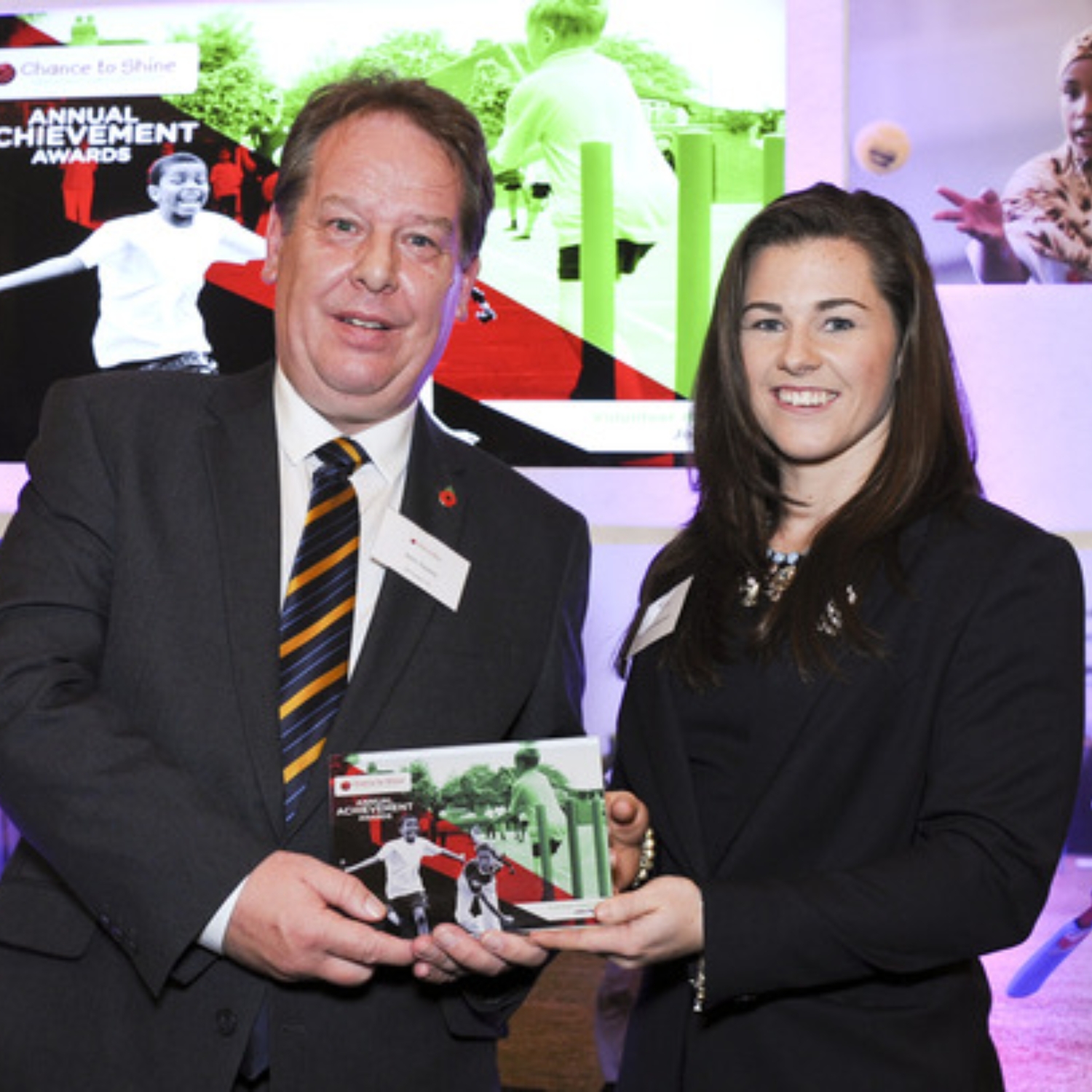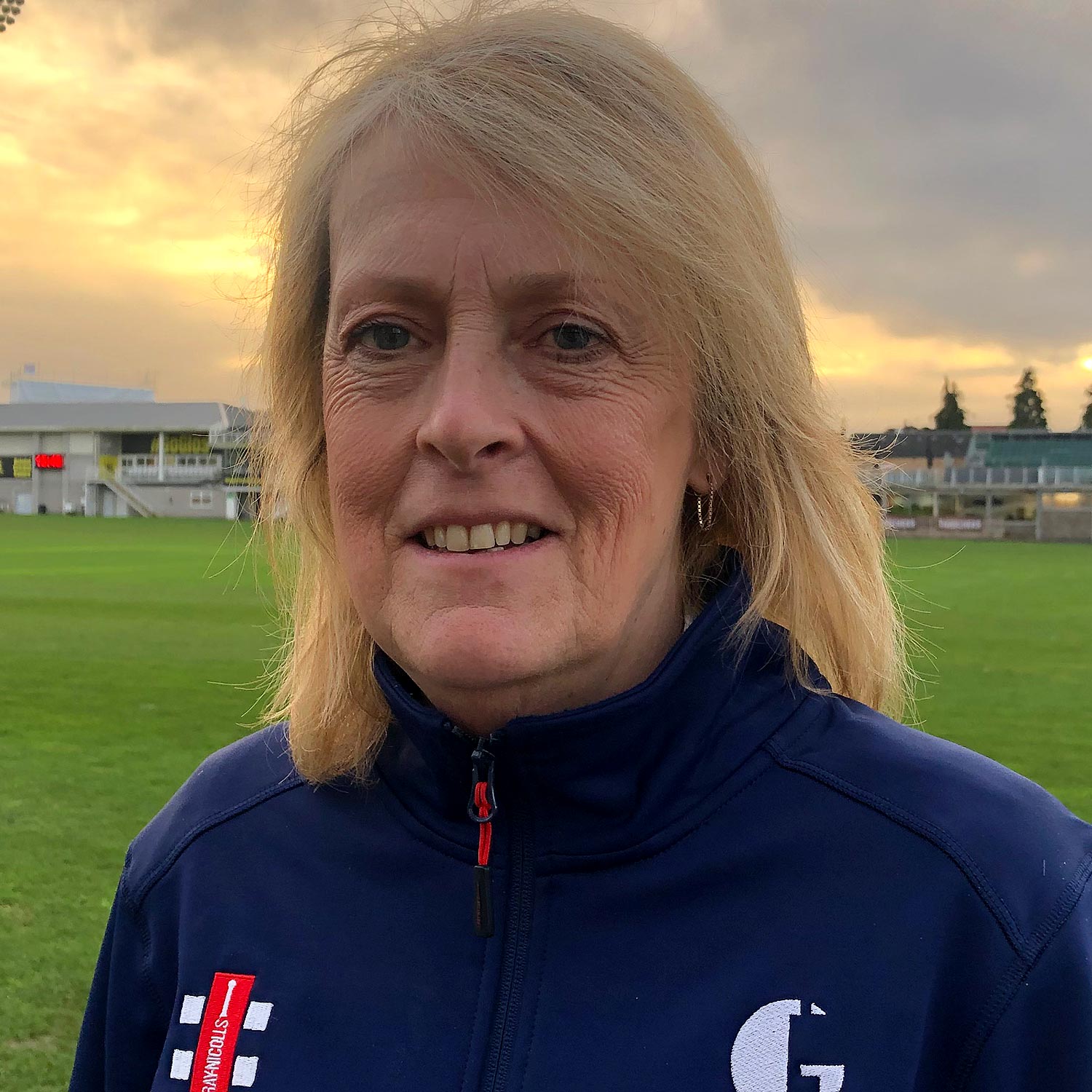Safeguarding
We take the safeguarding of our young people, players, volunteers and coaches seriously
The Safeguarding of all people in cricket is the main priority for the Gloucestershire Cricket Foundation.
Gloucestershire Cricket Foundation is committed to ensuring all people participating in cricket, have a safe and positive experience.
1) Putting things in place
We recognise all children participating in cricket (regardless of age, gender, race, religion, sexual orientation, ability, or disability) have the right to have fun and be protected from harm, in a safe environment.
We ensure individuals working within cricket at, or for, our club provide a welcoming, safe, and fun experience for children.
We provide an environment where the views of children, parents and volunteers are sought and are welcome on a range of issues. This will help us create an environment where people can voice any concerns (about suspected child abuse/neglect and/or about poor practice) to the Club Safeguarding Officer.
We adopt and implement the England and Wales Cricket Board (ECB) “Safe Hands – Cricket’s Policy for Safeguarding Children.”
We ensure all individuals working within cricket at, or for, the club are recruited and appointed in accordance with ECB guidelines and relevant legislation.
2) Having the Right People in Place
Appointing a County Safeguarding Officer (CSO) and ensuring they attend training as required by the ECB.
The Gloucestershire CSO temporarily is John Peplow, who has held the Deputy CSO role for the last 3 years. We are going through a process which will soon determine our new CSO, we will update the network as soon as this is confirmed.
| Name | Role | Phone number |
|---|---|---|
| John Peplow | Interim County Safeguarding Officer | 07852 815430 |
| Claire Nobes | Gloucestershire Cricket Foundation Trustee | 07704 100145 |
| Chris Munden | Gloucestershire Cricket Foundation Operations Manager | 07557 924941 |
3) Cricket Specific Advice
We ensure all individuals working within cricket at, or for, the club are provided with support, through education and training, so they are aware of, and can adhere to, good practice and Code of Conduct guidelines as defined by the ECB and the club.
We ensure all people who work in cricket at, or for, our club (such as staff, officials, volunteers, team managers, coaches and so on) understand how the “Safe Hands Policy” applies to them.
For more information on the ECB Safeguarding Safehands Policy please click here.
4) What to do if you have a concern
We ensure all suspicions, concerns and allegations are taken seriously and dealt with swiftly and appropriately.
We ensure access to confidential information relating to child safeguarding matters, is restricted to those who need to know, to safeguard children.
This would include the Club Safeguarding Officer and appropriate external authorities, such as the Local Authority Designated Officer (LADO), as specified within ECB child safeguarding procedures.
Low-Level Concerns
What is a low-level Concern?
A low-level concern is a concern about behaviour that doesn’t meet the threshold of harm but is still inconsistent with a club’s code of conduct or values. Low-level concerns can be about behaviour that’s inappropriate at work or outside of work. They can also be about behaviour that causes a sense of unease or a “nagging doubt”.
Low-level concerns are different from allegations, which are concerns that meet the harm threshold. However, multiple low-level concerns can add up to form a pattern that meets the harm threshold.
We therefore encourage clubs to report ALL concerns to your County Safeguarding Officer and have provided the following list of examples to support any queries or doubts as to whether you should report.
This list is NOT exhaustive. Always remember, if in doubt, report.
• Adult walking through the changing rooms whilst children in the club are changing.
• Aggressive Behaviour.
• Being overly friendly (e.g. tagging a player on personal social media profiles, hugging players, inappropriate banter etc.)
• Captain/coach enforcing a humiliating team bonding/initiation activity.
• Coach offering a child a lift home or waiting alone with a child for their parent/carer to arrive.
• Coach using a social media account to interact with young players, for instance, liking their posts or direct messaging to discuss one on one coaching.
• Coaching with alcohol on the breath.
• Conduct of parent/carer.
• Engaging on a one-to-one basis in a secluded area.
• Having favourites – being connected on personal social media platforms.
• Humiliating children.
• Inappropriate behaviour.
• Inadvertent or thoughtless behaviour (e.g. showing aggressiveness in front of children).
• Medical Incident.
• Mental health concerns.
• Not paying due care and attention to all participants.
• Playing underage players.
• Taking photographs of children, contrary to club policy.
• Unauthorised person (e.g. someone not recognised from Club hanging around the ground/training session).
• Using inappropriate sexualised, intimidating, or offensive language.
Low-level does not mean that it is insignificant, it means that the behaviour does not meet the harm threshold for a referral to the
Cricket Regulator Case Management Team. If ever in doubt, speak with your Club Safeguarding Officer or John Peplow.
We need to commit to fostering a culture of transparency and openness in reporting and this includes self-reporting that protects an individual from misunderstandings and/or allegations (e.g. occasions whereby a coach finds themselves in a situation that is unavoidable and unintentional but happened to breach best practice guidance).
The report of the Social Services Inspectorate investigation into the case of Martin Huston (1993) states: “Organisations providing services to children should ensure that a culture of openness and trust is fostered within the organisation in which staff can share any concerns about the conduct of colleagues and be assured that these will be received in a sensitive manner.”
Remember that by sharing concerns, it allows trends and patterns of inappropriate/problematic and concerning behaviours to be identified sooner.
County Safeguarding Officer’s role
- Point of contact for clubs, leagues, parents, children, and volunteers/staff within the county.
- As a source of procedural advice for the county’s clubs and leagues and their members.
- The main point of contact within the county for Club Safeguarding/Welfare Officers and the ECB Safeguarding Team.
- The main point of contact within the county for relevant external agencies, in connection with child safeguarding. Ensuring correct and comprehensive reporting procedures exist for raising and managing child safeguarding concerns.
John Peplow - Interim County Safeguarding Officer
The county has an appointed Interim Safeguarding Officer – John Peplow– whose job is to liaise with the GCF on all safeguarding issues and to offer advice to anyone within cricket who needs it. Should you have an issue that you would like advice on please contact John. John is also the Chair of the Bristol & District Cricket Association and former Clubs & Programmes Officer for the GCF.
To support John with his work each club across the county should have its own Club Safeguarding Officer who is nominated by the club and has attended the necessary courses provided by the GCF e.g. Safeguarding and Protecting Children (SPC) and ECB Club Safeguarding Officer.
Best practice highlights how each club should also have a deputy to take the place of the Safeguarding Officer should they be a way. These officers’ details should be provided to the league in which the club plays and also the GCF.

Safeguarding Policies
The policies below should provide any information you require.
Safe Hands Management System (SHMS)
SHMS is an online Club Management Tool whereby the ECB will require all County Boards/ Foundations and Clubs to input the details of individuals in key regulated roles or those with responsibilities for the management and running of County and Club activities.
- All clubs with junior sections and any club playing under 18’s in open age cricket must meet safeguarding standards
- The club must adhere to the ECB Safe Hands Policy and Procedures
- Each club must have a trained and vetted Club Safeguarding Officer
- All adults who work with children at the club have must have a current ECB DBS check in place
- All adults who work with children in cricket must have undertaken the appropriate ECB training
Qualifications: Safe Hands, Safeguarding for Specialist Roles Courses and ECB DBS
Club Safeguarding Officers, must have the Safe Hands and online Safeguarding for Specialist Roles Qualifications and have a valid ECB DBS to be safeguarding compliant.
If you have any questions or are having problems with booking on Safeguarding Courses and to initiate ECB DBS Checks, volunteers should contact Theresa Ellison.
Theresa Ellison / Administration Officer
- Helping to organise and set up the trials, winter nets programme and performance programme for the Girls and Boys Zonal squads
- Keeping club contact details up to date including checking that each club’s Safeguarding Officer has valid qualifications and initiate and verify DBS applications for club volunteers
- Administering online bookings including trials, winter nets programmes, Coach Development courses, holiday camps etc
- Helping with many financial activities by creating invoices, payment of bills, chasing outstanding debtors etc
- Help to create and run the office side of Coach Development
Theresa acts as the point of contact for many administrative parts of the Foundation.

